This article will discuss small business account reconciliation. When it comes to the financial health of a small business, accurate and up-to-date records are key. That is where small business account reconciliation comes in. This process helps ensure that the books are in balance, by comparing account balances to expected values.
There are a few key steps to performing a successful small business account reconciliation:
1. Make sure you have a complete and accurate list of all your accounts, including their balances.
2. Compare the balances on your list to what is in your accounting software or bank statements.
3. Identify any discrepancies and make the necessary adjustments.
4. Document your findings, so you have a record of what was reconciled and why.
5. Make sure you have all the information you need. This includes account numbers, dates, and amounts.
6. Be systematic in your approach. Start by comparing the totals, then check the individual items.
7. Use a cross-reference table if necessary. This will help you identify discrepancies between the accounts.
8. Be patient and take your time. Reconciling accounts is not a quick job.
Performing regular small business account reconciliation is an important part of good accounting practices for small businesses. When businesses keep track of their money, they must reconcile their accounts. This means checking that all the money going in and out adds up. If it does not, they need to find out where the discrepancy is and fix it. Reconciling accounts can seem daunting, but with a process in place, it can be a manageable task.

There are many studies that have been conducted on bank reconciliation and the effects it has on businesses. A study by The Association of Chartered Certified Accountants showed that a company’s cash flow can be improved by up to 30% through effective bank reconciliation. Other studies have shown that reconciling your bank account regularly can help you identify discrepancies and fraudulent activity sooner, as well as help you stay on target with your accounting goals. Bank reconciliation is a key part of good business practices and should be done regularly to maintain accurate financial records. It is important to note that you do not have to do the process yourself. There are numerous accounting firms that offer varying services and technologies that can assist you. You can also choose to Outsource your bank and free up time and energy for your business. Reconciling your bank account can be a time-consuming process, and if it is not a core part of your business, it is a part of bookkeeping which is discussed in our article: Bookkeeping for small businesses.
it may be worth considering outsourcing this task to a professional. A good bookkeeper or accounting firm can help you stay on track with your financial targets and keep your business running smoothly.
In conclusion, reconciling accounts is an important process that should be done regularly to ensure the accuracy of your financial records. By taking the time to reconcile your accounts, you can avoid any potential financial problems but if the process becomes too tedious then there are varying accounting professionals that can assist.


